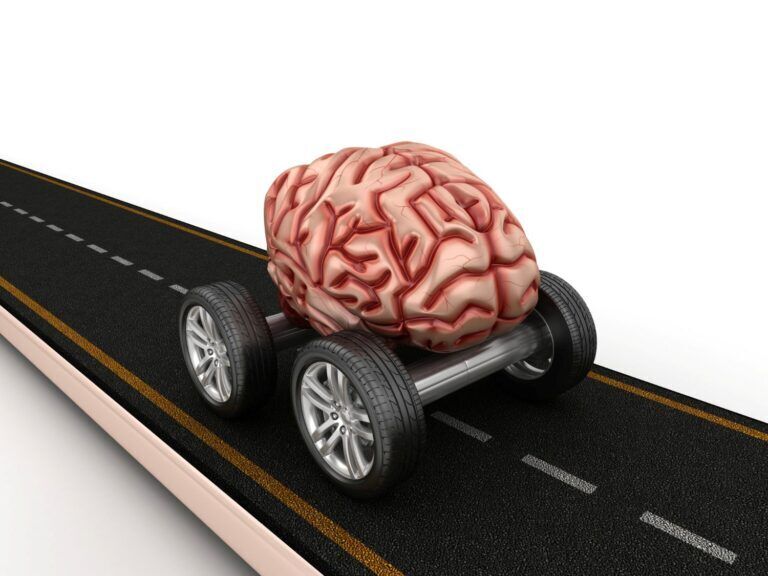News
Scientists have calculated the speed of human thought for the first time
Researchers from the California Institute of Technology have determined how fast people think. Having applied the methods of information theory and analyzed numerous studies of human activities, such as reading, writing, playing video games, and solving Rubik's cubes, scientists came to unexpected conclusions.
They determined that people think at a rate of only 10 bits per second, with our sensory systems collecting data at a rate of one billion bits per second - 100 million times faster. This discovery raises new questions for neuroscientists: why people focus on only one thought at a time when the senses can process thousands of inputs at once, TechExplorist writes.
According to scientific data, of the more than 85 billion neurons in the brain, approximately one-third are present in the cortex, the outer layer of the brain, and are responsible for complex thinking. Each neuron can transmit more than ten bits of information per second and has high information processing skills. But why don't they do this and why do people think so slowly when there are so many neurons?
"Every moment, we extract just 10 bits from the trillion that our senses are taking in and use those 10 to perceive the world around us and make decisions. This raises a paradox: What is the brain doing to filter all this information?" the scientists from Markus Meister's lab ask.
Given the discovery of this "speed limit" in the brain, Meister suggests that neuroscience research should address these paradoxes in future studies.
Scientists are also trying to understand why the brain can only process one thought at a time rather than multiple thoughts like sensory systems. The researchers suggest that this limitation may be related to the way the human brain evolved.
"Our ancestors adapted to an environment where the world moved slowly enough that survival was still possible, even with limited processing power. The study suggests that the 10 bits per second of thinking are only really necessary in high-pressure, worst-case scenarios. Most of the time, our surroundings change at a much slower, more manageable pace," the study authors say.
According to experts, tech leaders have recently proposed creating a direct connection between the human brain and a computer to provide faster communication. However, the study shows that the human brain will still communicate at a speed of 10 bits per second even with such a brain-computer interface.
Only verified information is available on OBOZ.UA Telegram channel and Viber. Do not fall for fakes!





























